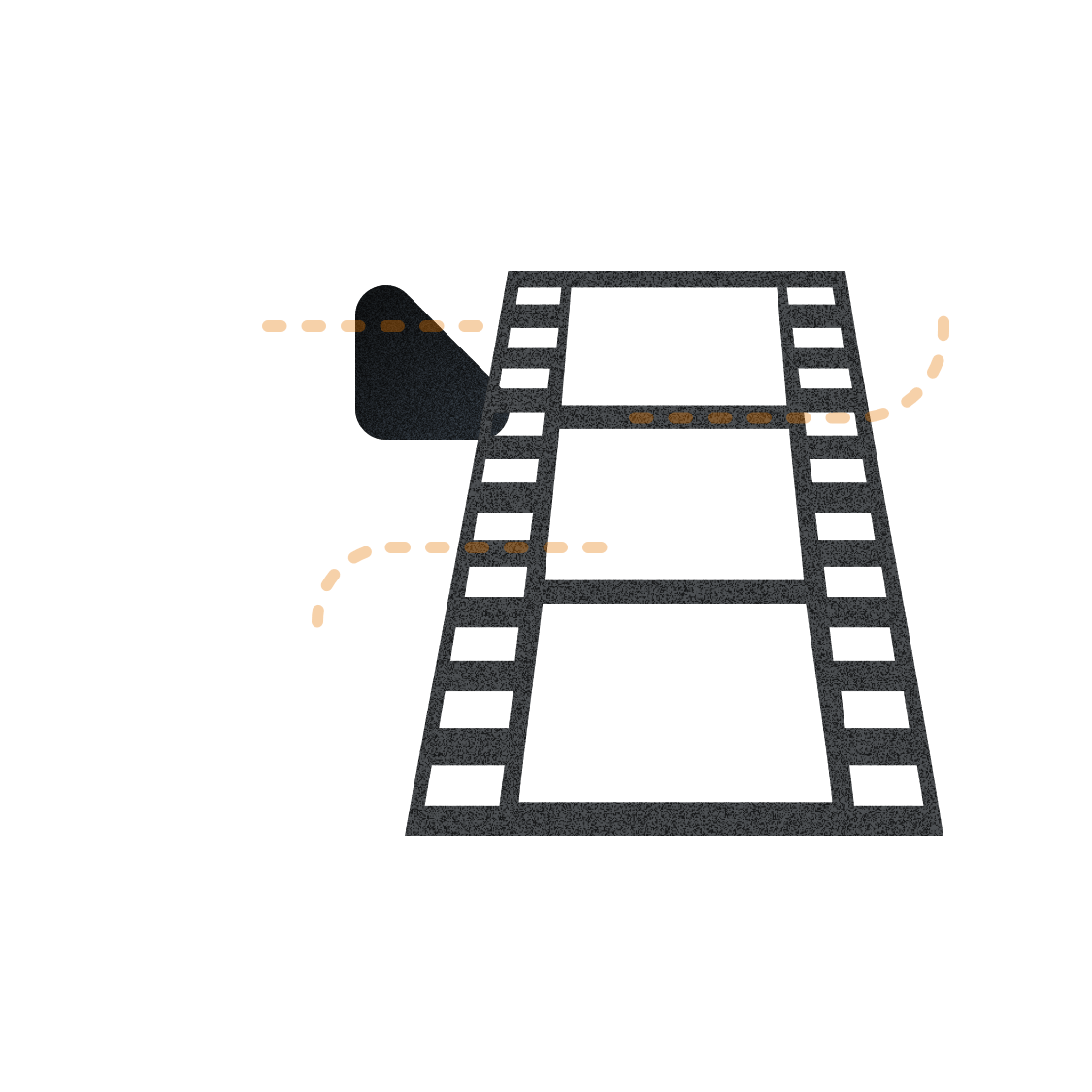
POV 17
None | Documentary | 12 episodes37 Seasons
Episode
Farmingville (2004)
"In the current frigid national climate facing economic migrants, Carlos Sandoval and Catherine Tambini enter the traumatized world of Farmingville, a previously unassuming Long Island suburb that witnessed the beating and attempted murder of two Mexican day laborers. What the filmmakers find is the very dangerous, two-edged sword of a growing national crisis: on the one side, the community's increasing population of undocumented aliens, who are crowding into single-family dwellings and assembling on early morning street corners, hoping to grab a day's wage; on the other, Farmingville's home-owning families, many of whom have lived there for generations and are watching what they envision as a bucolic little village slipping away. Amid a conflict pitting the providence of dreams against the privileges (and rights) of property, Sandoval and Tambini resist the urge to make agitprop, almost agonizingly presenting both sides of the conflict while, at the same time, chronicling how a small town in upheaval can get co-opted into a national nightmare. Anti-immigration groups, racist hatemongers and even local figures with specialized agendas rise and fall throughout the telling of the Farmingville tale. More than a story about suburbs, property values, immigration, and racism, Farmingville is ultimately about the conflicted concept of what being American means." Quoting Diane Weyermann from the 2004 Sundance Film Festival site.

Bill's Run: A Political Journey in Rural Kansas (2004)

War Feels Like War (2004)
War Feels Like War is a 2004 British documentary film. It was broadcast in the United States as part of the P.O.V. series. For three months, Spanish filmmaker Esteban Manzanares Uyarra followed five reporters and photographers from Denmark, Norway, Poland, and the United States in Iraq. These journalists circumvented military media control to get access to a different perspective on the Iraq War. As the Coalition of the willing swept into Iraq, some journalists in Kuwait decided to travel in their wake, risking their lives to discover the impact of war on civilians. The journalists include best-selling author P.J. O'Rourke, who was working for ABC Radio, as well as reporters and photographers for news operations ranging from Poland's Radio Zet to Stephanie Sinclair, a photographer for the Chicago Tribune.

Thirst (2004)

Last Man Standing: Politics---Texas Style (2004)
What is old is often new again. Most funerals today are part of a multimillion-dollar industry run by professionals. This increased reliance on mortuaries has alienated Americans from life's only inevitability — death. A Family Undertaking explores the growing home funeral movement by following several families in their most intimate moments as they reclaim the end of life, forgoing a typical mortuary funeral to care for their loved ones at home. Far from being a radical innovation, keeping funeral rites in the family or among friends is exactly how death was handled for most of pre-20th century America. Prior to the Civil War, caring for and preparing the dead for burial on family farms or in local cemeteries was both a domestic skill and a family responsibility. The trauma of the Civil War created the need for a new profession: that of undertaker. The advent of the undertaker marked a sharp and negative shift in American attitudes toward death. For many, the death of a loved one became an alienating event, sanitized and institutionalized. Americans literally lost touch with death. Death also became more expensive. Today an average funeral-home memorial and interment costs as much as $7,000 – a burdensome expense many families feel pressured to meet in the name of honoring their dead. A Family Undertaking makes clear that the heart of the home funeral movement is the desire to rescue funerals from the impersonality of a mass-market industry, and to reshape them according to personal beliefs or family and community traditions. The film introduces us to individuals like the Carr family of South Dakota, preparing for the death of 90-year-old family patriarch Bernard, and Anne Stuart and Dwight Caswell of California, preparing for the end of Anne's struggle with terminal cancer. Through their stories we see that "hands-on" care for the dead by family members, including children, can aid in grieving, bring a sense of fulfillment, and help loved ones to grasp the reality of a death. Their home funerals are remarkable documents of death made intimate, meaningful, and even joyful.
